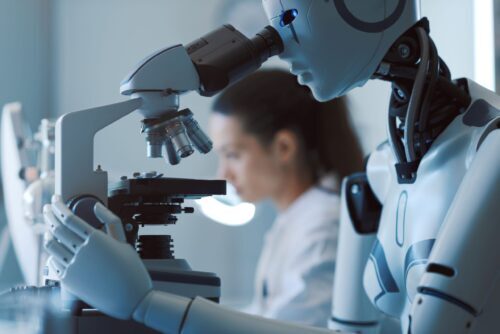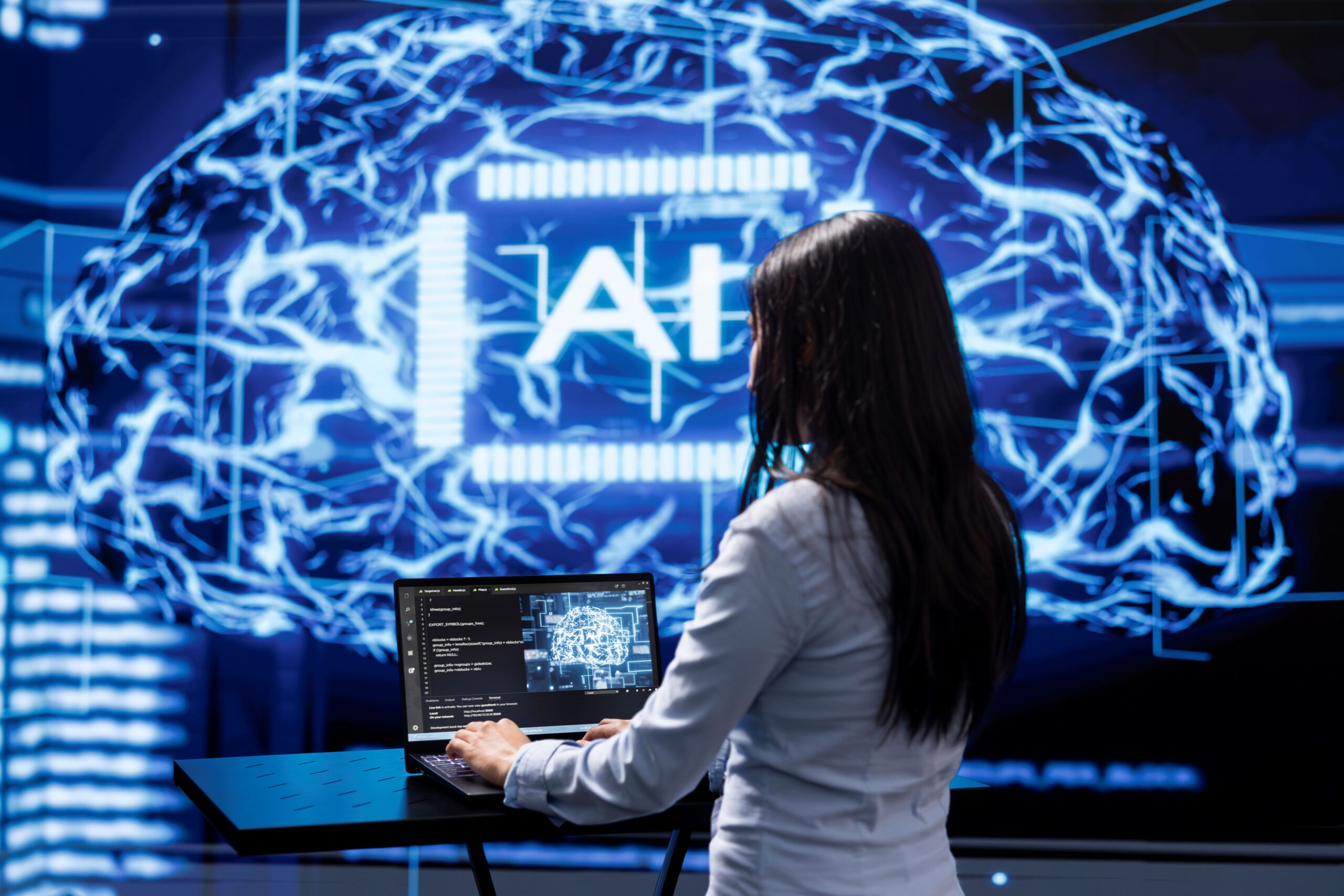
Imagine sorting through a mountain of sugar—grain by grain—to find one that’s just a little shinier than the rest. A human scientist might work through a spoonful in a day. Artificial intelligence? It can scan a warehouse before lunch.
This is the scale AI brings to science. In fields where data piles up faster than it can be read, AI doesn’t just help—it makes discovery possible.
Where It’s Making a Difference
Across the sciences, AI is showing up in the lab—not as a replacement, but as a partner.
- In genetics: It helps identify meaningful patterns across billions of DNA sequences.
- In climate research: It processes long-term models with precision.
- In space science: It tracks objects and changes across entire regions of the sky.
- In chemistry: It predicts how molecules will behave, reducing trial-and-error in the lab.
These are not just time-savers—they’re breakthroughs that wouldn’t happen without the help of machines built to manage scale.
Read also:
Soft2Bet: history and platform evolution.
What Humans Gain
When AI handles the heavy lifting — the repetition, the sorting, the cross-checking — human minds are freed for higher-level thinking.
Researchers can spend more time asking better questions, designing sharper experiments, and making connections machines can’t.
What Comes Next?
The true potential of AI in science is only beginning to unfold. As models become more advanced, we may soon see machines generating hypotheses, designing experiments, and even simulating results before a single test tube is touched.
In cancer research, AI might help create personalized treatment plans in real time, analyzing a patient’s genetics, symptoms, and history faster than any doctor could.
In materials science, it could discover entirely new compounds for cleaner energy or stronger building materials, simply by modeling billions of combinations and outcomes in days instead of decades.
And in fields like astrophysics, AI might spot patterns in space data that human eyes have missed for centuries—guiding us closer to the answers behind dark matter, black holes, or even habitable worlds beyond our own.
But even as AI gets smarter, one thing stays the same: its purpose is not to replace curiosity—it’s to amplify it.
A Catalyst, Not a Replacement
AI doesn’t make science less human. AI enhances the precision and efficiency of scientific research.
It’s not about replacing people — it’s about clearing space for imagination, strategy, and bold leaps forward.
Because at its best, AI isn’t the future of science. It’s the tool that helps that future arrive just a little faster.
